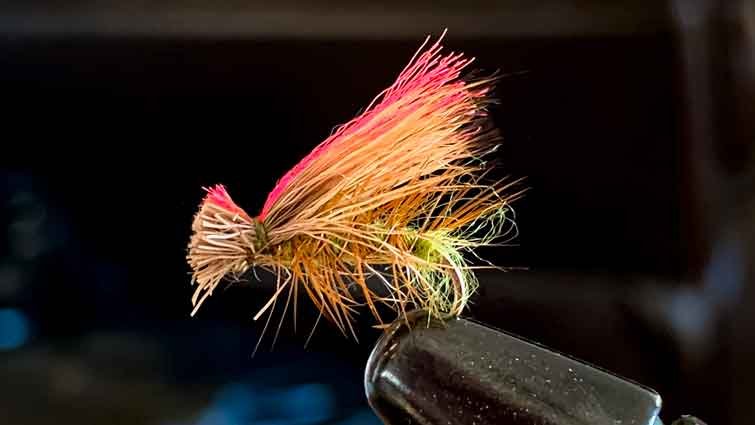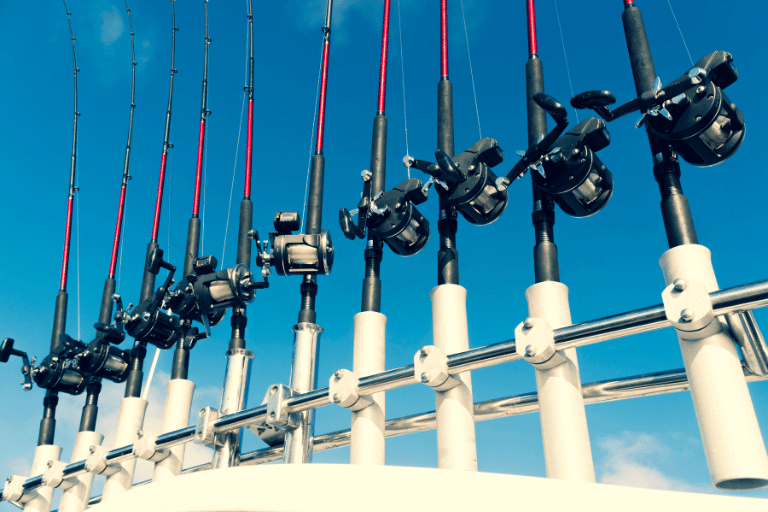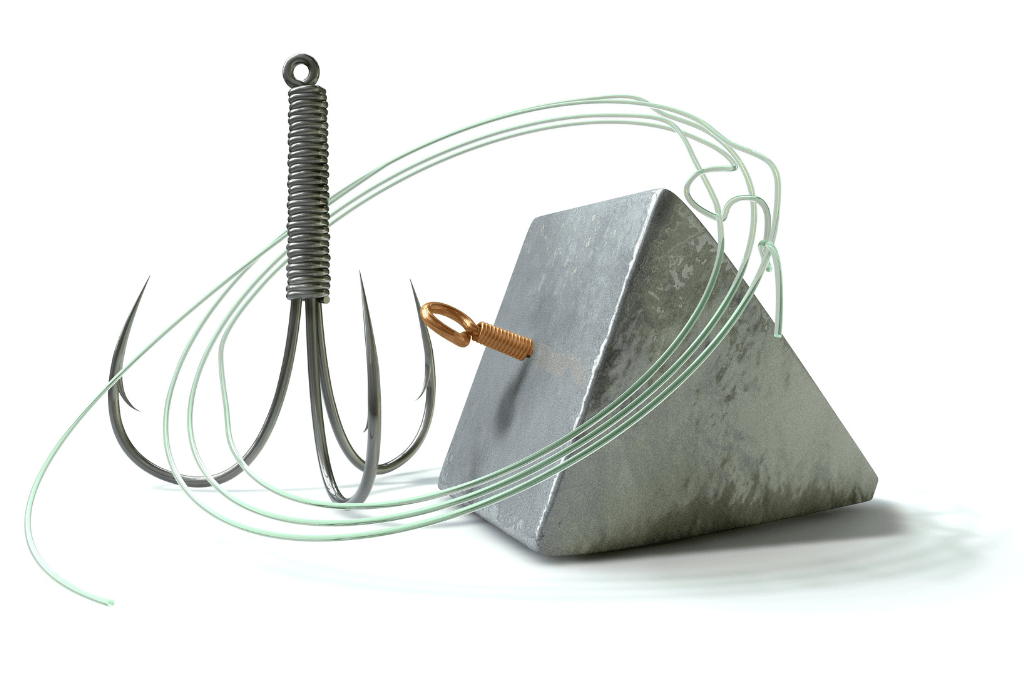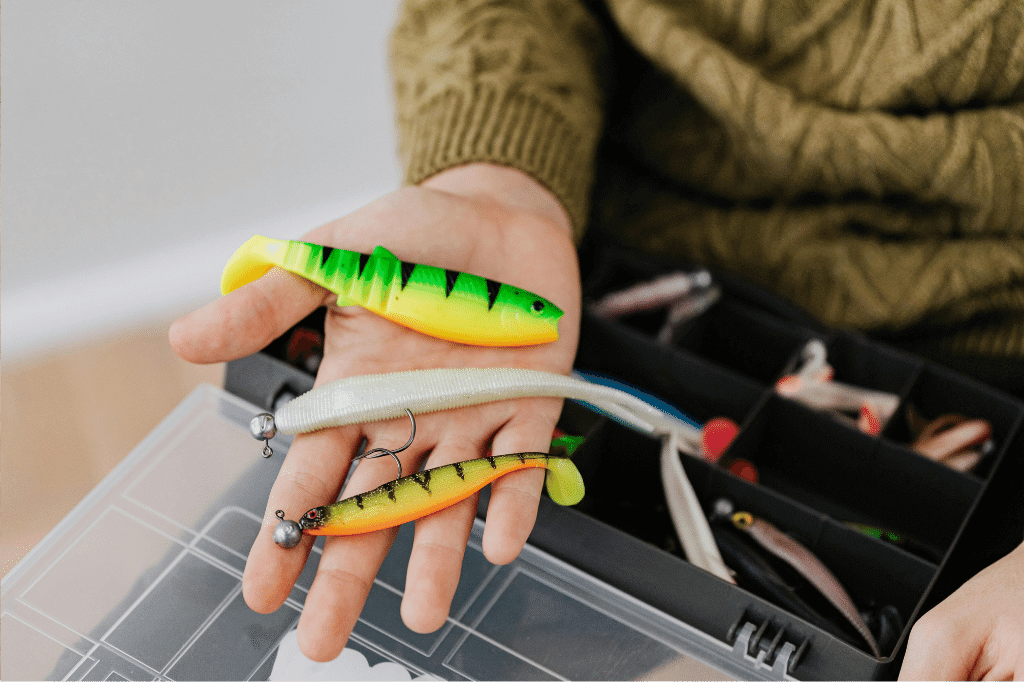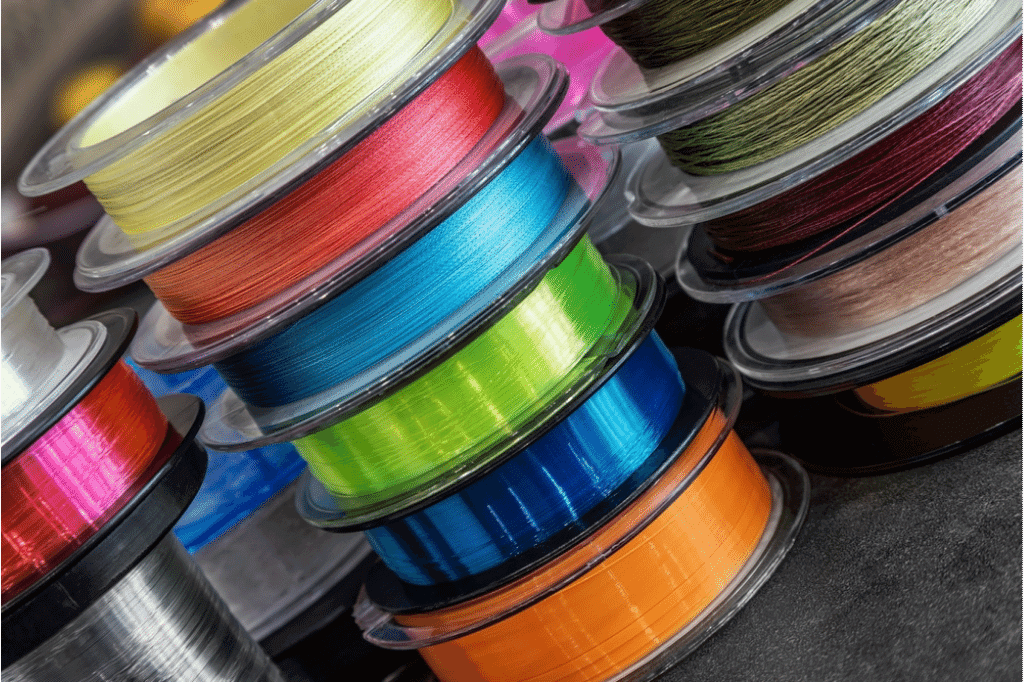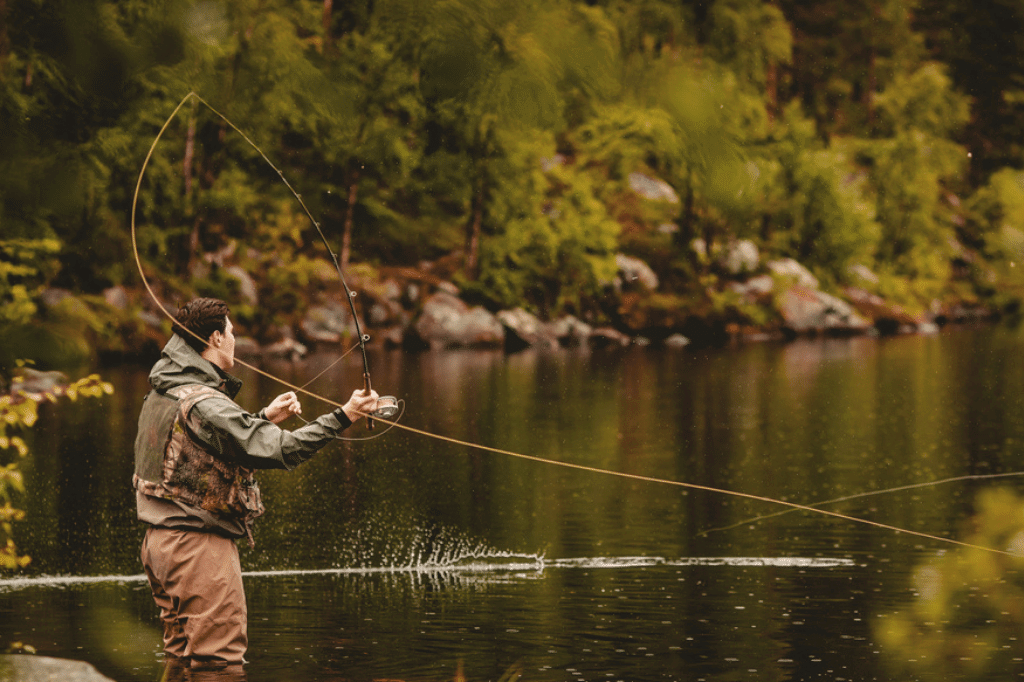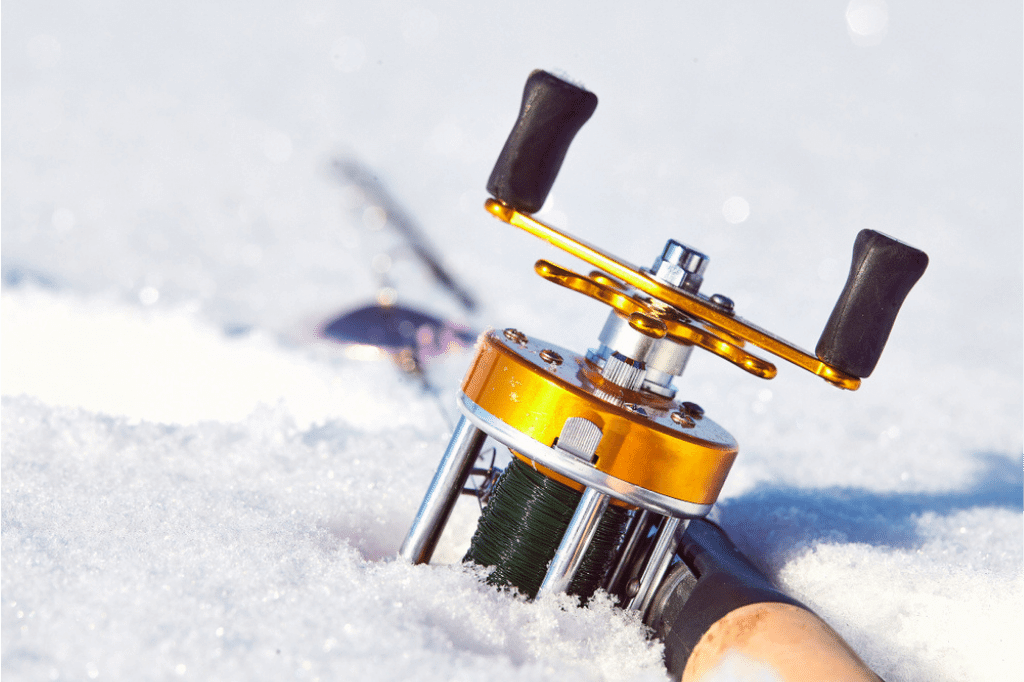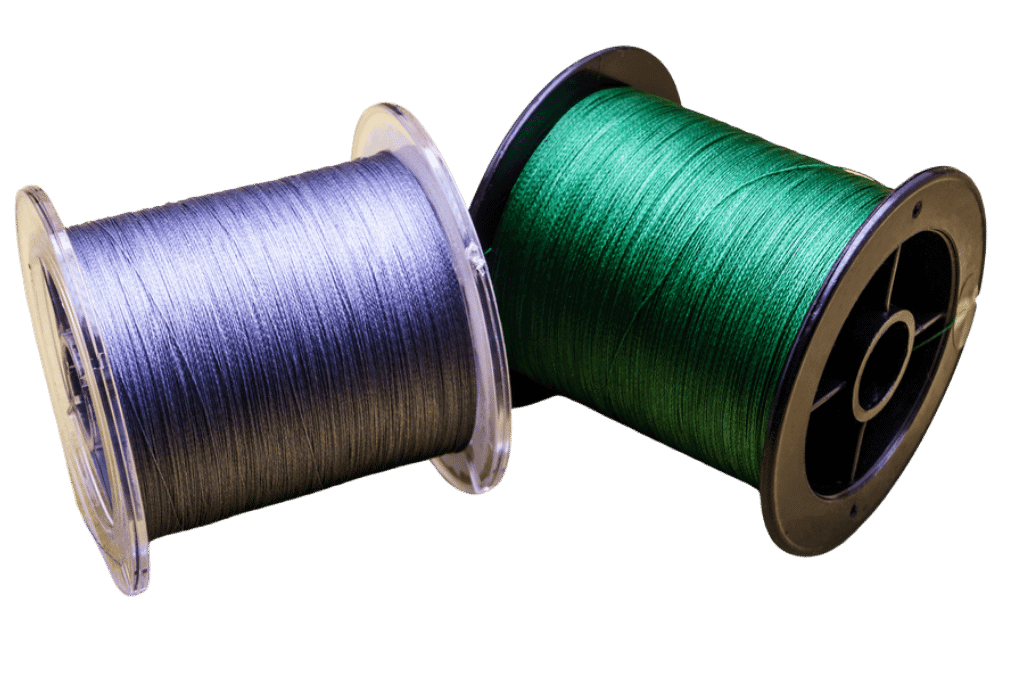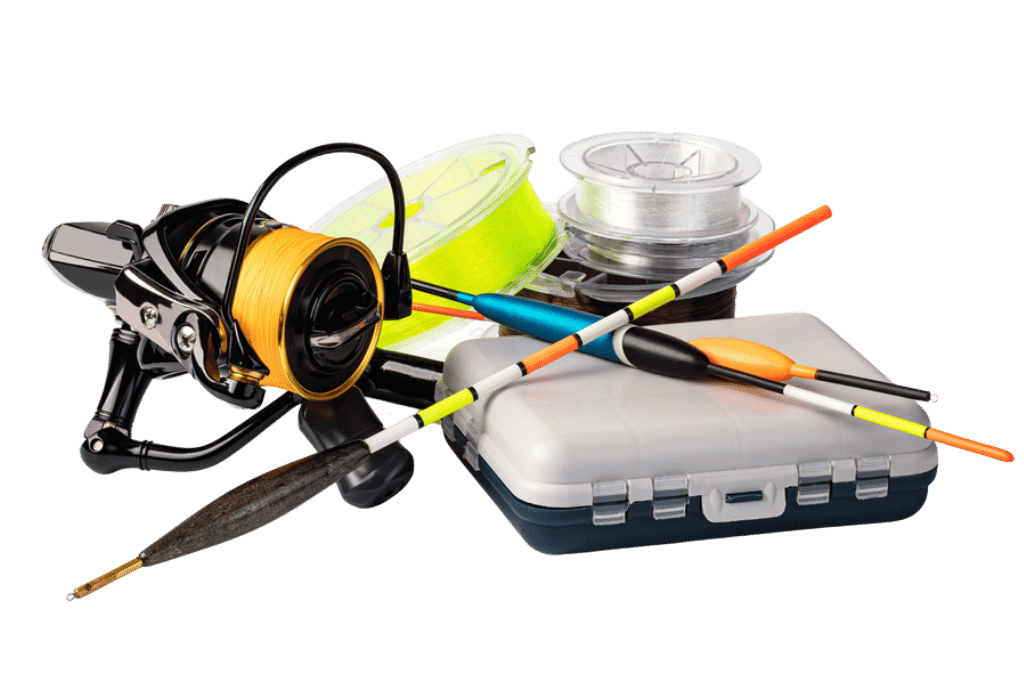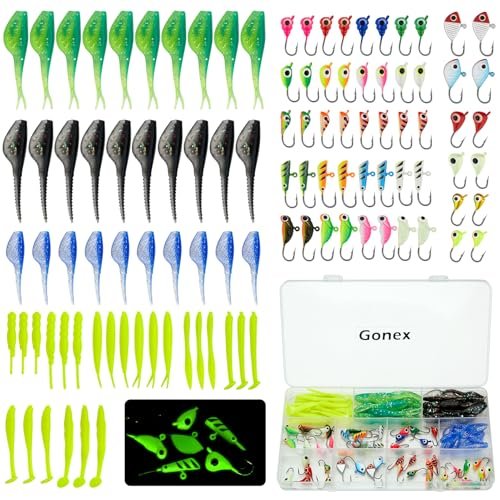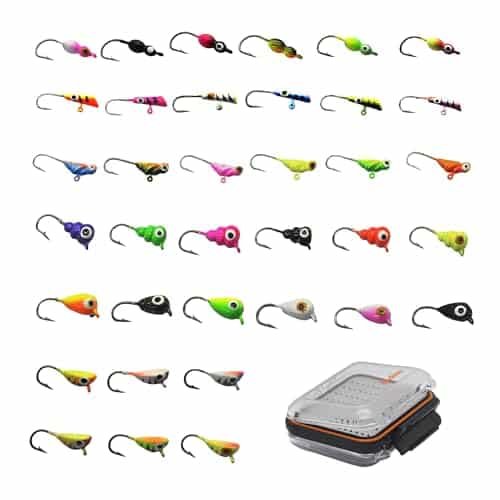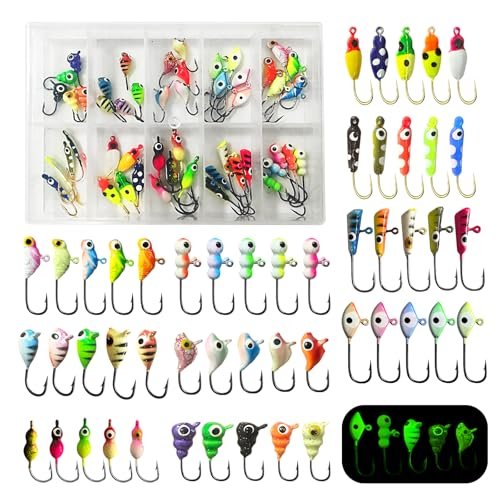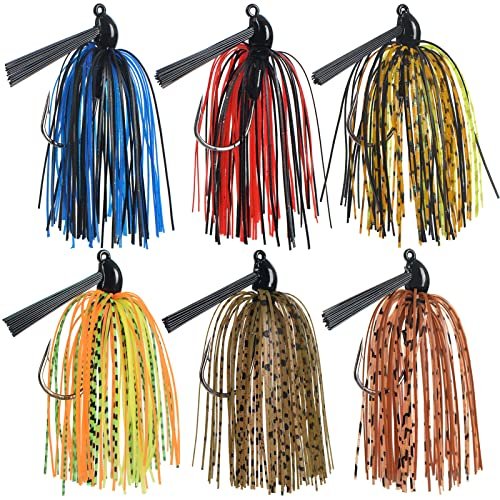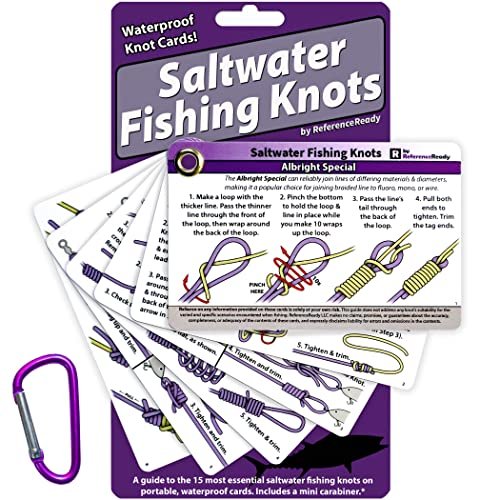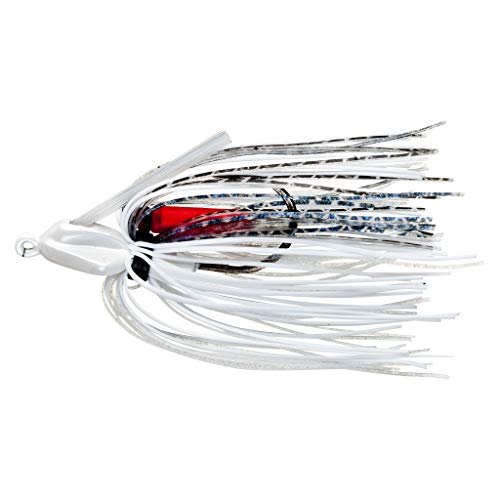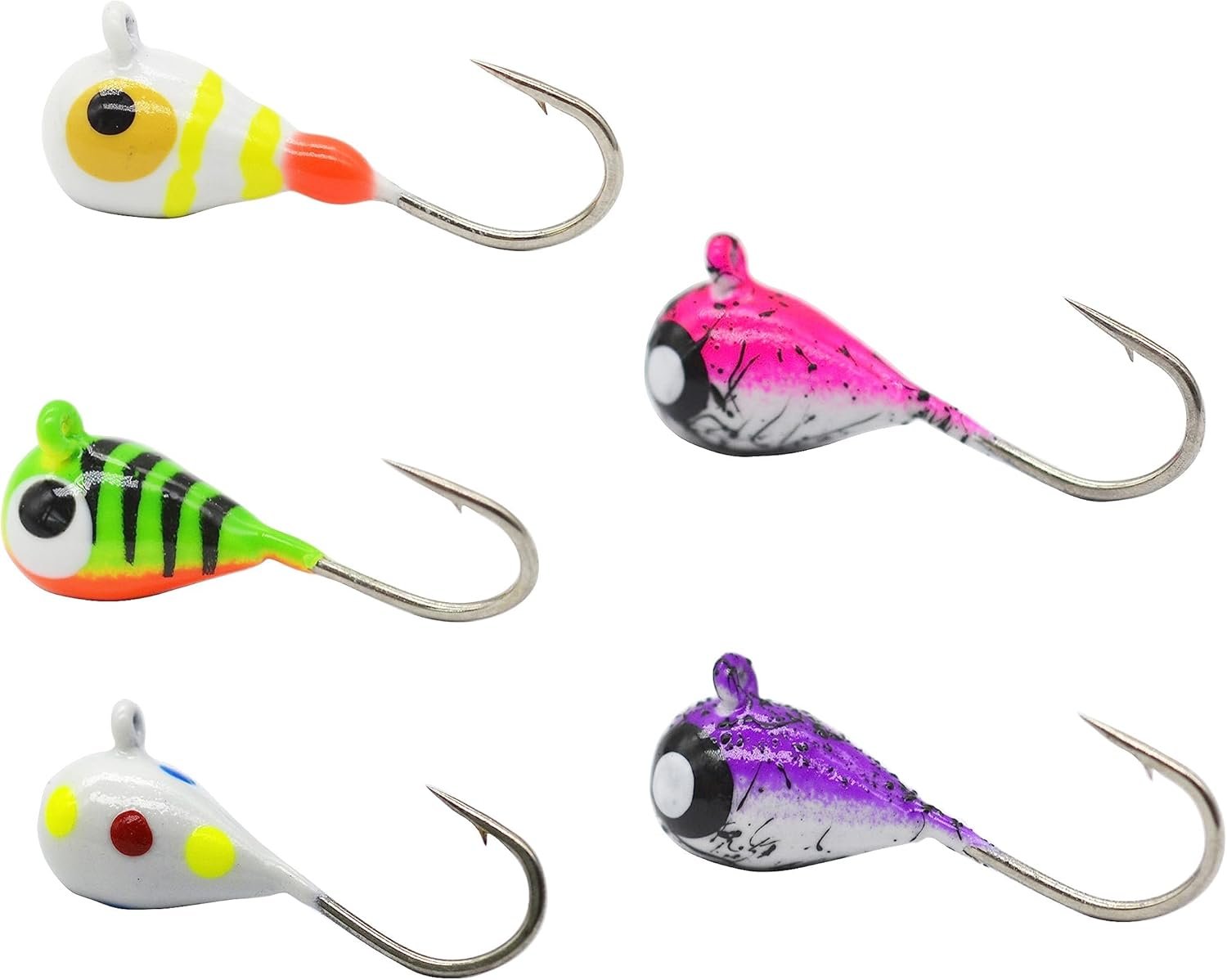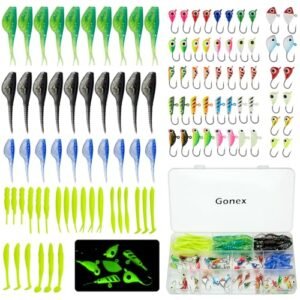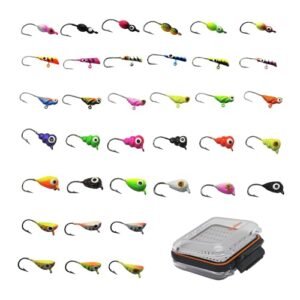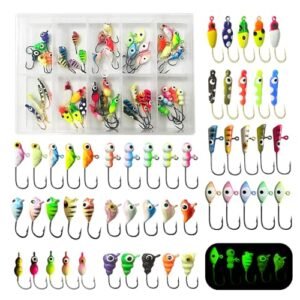Fly fishing enthusiasts often wonder about the cost of flies, which are essential for the sport. These small, intricately designed lures can significantly impact your fishing success. The price range for fly fishing flies usually falls between $1 and $3 each, making them relatively affordable.
Factors such as the type of materials used, the complexity of the design, and the brand can influence the cost. Knowing the price range can help anglers budget accordingly and choose the best flies for their fishing adventures. Whether you’re a beginner or an experienced fisherman, understanding fly costs is crucial for a successful and enjoyable experience.
Introduction To Fly Fishing Flies
Fly fishing is an exciting and unique way to fish. The charm lies in the flies used. These flies imitate insects and attract fish. They come in various shapes, sizes, and colors. Understanding the cost of fly fishing flies requires some knowledge about their types and history.
History And Evolution
Fly fishing dates back to ancient times. The first fly fishing records are from Macedonia in 200 AD. Early flies were simple and made from wool and feathers. Over time, fly designs evolved. Today, flies are more intricate and realistic. They imitate various insects and natural baits.
In the 19th century, fly tying became an art. This period saw the rise of new materials and techniques. Modern flies use synthetic materials, increasing their effectiveness. The evolution of fly fishing flies reflects the growth of the sport.
Types Of Fly Fishing Flies
There are three main types of fly fishing flies:
- Dry Flies: These float on the water surface. They mimic adult insects.
- Nymphs: These sink below the water. They imitate insect larvae.
- Streamers: These resemble small fish or leeches. They move through the water.
Each type has specific uses. The choice depends on the fishing environment and target fish. Here is a quick comparison of the three types:
| Type | Imitation | Water Level |
|---|---|---|
| Dry Flies | Adult Insects | Surface |
| Nymphs | Insect Larvae | Below Surface |
| Streamers | Small Fish/Leeches | Through Water |
Choosing the right fly is crucial. It can make the difference between a successful trip and a disappointing one. Knowing the types helps in making informed choices.

Credit: www.youtube.com
Factors Affecting Fly Prices
Fly fishing flies come in various price ranges. Several factors influence these prices. Below, we dive into the key elements affecting fly prices.
Material Quality
The quality of the materials greatly impacts the cost of flies. High-quality feathers, hooks, and threads result in durable and effective flies. These materials usually come at a higher price. Flies with inferior materials may be cheaper but will not last as long or work as effectively.
Brand Reputation
Brand reputation is another critical factor. Established brands often charge more due to their trusted quality and performance. Lesser-known brands might offer lower prices, but the quality can vary. Trusted brands invest in research and development. They also provide consistent quality, which is reflected in their pricing.
Hand-tied Vs. Machine-tied
Fly fishing flies can be either hand-tied or machine-tied. Hand-tied flies are crafted with precision and care. Skilled artisans spend time ensuring each fly is perfect. This attention to detail increases the cost. Machine-tied flies are produced in bulk. They are more affordable but may lack the fine detail of hand-tied versions.
| Factor | Impact on Price |
|---|---|
| Material Quality | Higher quality materials increase costs. |
| Brand Reputation | Reputable brands charge more for trusted quality. |
| Hand-Tied vs. Machine-Tied | Hand-tied flies are more expensive due to craftsmanship. |
- Material Quality: High-quality materials lead to durable flies.
- Brand Reputation: Established brands offer consistent quality.
- Hand-Tied vs. Machine-Tied: Hand-tied flies offer superior craftsmanship.
Cost Breakdown By Type
Fly fishing flies come in various types and each has its own price range. Understanding the cost of different fly types can help anglers make informed decisions. Below is a detailed cost breakdown by type.
Dry Flies
Dry flies are designed to float on the water’s surface. They are used to mimic insects that fish feed on. The price for dry flies typically ranges from $1.50 to $3.50 per fly. High-quality dry flies may cost more.
Wet Flies
Wet flies sink below the water’s surface. They imitate aquatic insects and small fish. Wet flies are generally priced between $1.00 to $2.50 each. Premium wet flies can go up to $4.00.
Streamers
Streamers are larger flies that mimic baitfish or leeches. They are effective for catching bigger fish. The cost of streamers ranges from $2.50 to $5.00 per fly. Hand-tied streamers can be more expensive.
Nymphs
Nymphs represent the larval stage of aquatic insects. They are effective for catching fish underwater. The price for nymphs usually falls between $1.00 to $3.00 each. Specialty nymphs may cost more.
Price Comparison: Local Vs. Online Retailers
Choosing where to buy fly fishing flies affects your wallet. You have two main options: local fly shops or online marketplaces. Let’s explore the cost differences.
Local Fly Shops
Buying from local fly shops offers unique benefits. You get personalized advice from experienced anglers. This can improve your fishing experience. Here are some price ranges for flies in local shops:
- Basic dry flies: $1.50 – $3.00 each
- Specialty flies: $3.00 – $5.00 each
- Custom-made flies: $5.00 and up each
Local shops may offer discounts for bulk purchases. Additionally, you support small businesses in your community.
Online Marketplaces
Online marketplaces provide a wide variety of flies. Prices are often lower due to reduced overhead costs. Here are typical online prices:
| Type of Fly | Price Range |
|---|---|
| Basic dry flies | $0.75 – $2.00 each |
| Specialty flies | $2.00 – $4.00 each |
| Custom-made flies | $4.00 and up each |
Online retailers may offer free shipping for large orders. You can also read customer reviews before buying. Some popular online marketplaces include:
- Amazon
- eBay
- Etsy
Shopping online can save money and provide more choices. But you miss the personal touch of local shops.
Budget-friendly Fly Options
Fly fishing can be an expensive hobby. But you don’t need to break the bank. Budget-friendly fly options exist that won’t compromise on quality. These options allow you to enjoy your time on the water without emptying your wallet.
Bulk Purchasing
Buying flies in bulk is a great way to save money. Many online retailers offer bulk fly packs. These packs come with a variety of flies at a discounted price. You can often find packs with 50 or even 100 flies. This way, you get more for less.
Bulk purchasing is perfect for beginners. It allows you to try different flies without spending too much. Here’s a quick example:
| Pack Size | Cost | Cost per Fly |
|---|---|---|
| 12 Flies | $15 | $1.25 |
| 50 Flies | $45 | $0.90 |
| 100 Flies | $80 | $0.80 |
As you can see, larger packs offer better value. Buying in bulk reduces the cost per fly. It’s a smart choice for anyone looking to save money.
Diy Fly Tying
Another budget-friendly option is making your own flies. DIY fly tying can be a fun and rewarding hobby. It allows you to create custom flies tailored to your needs.
You will need some basic tools and materials. Here’s a list to get started:
- Fly tying vise
- Thread and bobbin
- Hooks
- Feathers and fur
- Head cement
Initial costs might seem high. But over time, DIY fly tying can save you a lot of money. You can make hundreds of flies with a small investment in materials. Here’s a simple cost comparison:
| Item | Cost |
|---|---|
| Basic Fly Tying Kit | $50 |
| Materials for 100 Flies | $30 |
With an initial investment of $80, you can create 100 flies. That’s just $0.80 per fly. DIY fly tying not only saves money but also adds a personal touch to your fishing experience.
Premium Flies And Their Benefits
Fly fishing enthusiasts know the importance of premium flies. These flies are more than just bait. They offer numerous benefits that elevate the fishing experience. Let’s explore the advantages of investing in premium flies.
Expert Craftsmanship
Premium flies are crafted by skilled artisans. They use high-quality materials to create each fly. This ensures that every detail is perfect. The craftsmanship affects the fly’s performance. Expertly crafted flies mimic real insects better. This increases your chances of a catch. Quality craftsmanship also means the flies are balanced. Proper balance helps in accurate casting.
Enhanced Durability
Another benefit of premium flies is their durability. These flies are designed to withstand harsh conditions. You can use them in various water types. Durable flies last longer, reducing the need for frequent replacements. This saves money in the long run. Durability also means the flies remain effective for multiple fishing trips. Investing in durable flies ensures consistent performance.
Unique Designs
Premium flies often come in unique designs. These designs target specific fish species. Unique patterns and colors make the flies more attractive to fish. Using specially designed flies can increase your success rate. Unique designs also add variety to your tackle box. Having a range of flies allows you to adapt to different fishing scenarios. The right design can make all the difference in a successful fishing trip.
| Benefit | Description |
|---|---|
| Expert Craftsmanship | Skilled artisans craft flies with high-quality materials, ensuring detailed perfection. |
| Enhanced Durability | Durable flies withstand harsh conditions, lasting longer and saving money. |
| Unique Designs | Special designs target specific fish, increasing success and adding variety. |
Seasonal Price Variations
Fly fishing flies can vary in cost depending on the season. Understanding these seasonal price variations helps anglers plan their purchases wisely. Below, we explore how prices change during peak fishing seasons and off-season periods.
Peak Fishing Seasons
During peak fishing seasons, the demand for flies is high. This is when anglers head to the water in large numbers. As a result, the prices of flies often rise. Retailers know that more people need flies, so they increase the cost.
For example, in summer and spring, popular fly patterns can cost more. A table below shows typical price ranges during peak seasons:
| Fly Type | Price Range (Peak Season) |
|---|---|
| Dry Flies | $2.50 – $4.00 per fly |
| Nymphs | $2.00 – $3.50 per fly |
| Streamers | $3.00 – $5.00 per fly |
Off-season Discounts
In contrast, off-season periods bring lower prices. Fewer anglers are out fishing, so demand decreases. Retailers often offer discounts to move their stock. This is a great time to buy flies at a lower cost.
During winter and late fall, you can find better deals. Here is an example of typical price ranges during off-season periods:
| Fly Type | Price Range (Off-Season) |
|---|---|
| Dry Flies | $1.50 – $3.00 per fly |
| Nymphs | $1.00 – $2.50 per fly |
| Streamers | $2.00 – $4.00 per fly |
To take advantage of these off-season discounts, stock up on flies when prices drop. This ensures you are ready for the next peak season without overspending.

Credit: drifthook.com
Tips For Getting The Best Value
Fly fishing can be an expensive hobby. But with some smart tips, you can find great value in fly fishing flies. Here are some tips to help you get the best value for your money.
Reading Reviews
Start by reading reviews online. Reviews give insight into the quality of flies. Look for flies with high ratings. Good reviews often highlight durability and effectiveness. This helps you avoid poor-quality products. Check multiple sources for balanced opinions.
Seeking Recommendations
Ask fellow anglers for recommendations. Experienced anglers know the best value flies. Join fly fishing forums to get advice. These communities often share valuable tips. You can also ask local fishing shops for suggestions. They know what works in your area.
Exploring Sales And Deals
Always look for sales and deals. Many online shops offer discounts. Sign up for newsletters to get updates on sales. Check for bulk purchase options. Buying in bulk often saves money. Compare prices across different websites. This helps you find the best deal available.
| Store | Regular Price | Sale Price | Savings |
|---|---|---|---|
| Fly Shop A | $3.50 per fly | $2.50 per fly | Save $1.00 |
| Fly Shop B | $4.00 per fly | $3.00 per fly | Save $1.00 |
Frequently Asked Questions
How Much Does The Average Fly Fishing Fly Cost?
The average cost of a fly fishing fly ranges from $1 to $3. Prices vary based on quality and type.
How Much Does A Fly Fishing Set Up Cost?
A basic fly fishing setup costs between $150 and $300. Higher-end gear can exceed $1,000. Pricing varies by brand and quality.
What Are The Most Expensive Fly Fishing Flies?
The most expensive fly fishing flies include custom-tied flies, rare vintage flies, and those made with exotic materials like jungle cock or polar bear fur.
Is Tying Your Own Flies Cheaper?
Tying your own flies can be cheaper over time. Initial costs for materials and tools may be high. Savings grow as you tie more.
Conclusion
Fly fishing flies vary in cost, influenced by factors like quality and type. Budget-friendly options start at $1, while premium flies can reach $10 or more. Understanding your needs and preferences will help you make informed choices. Invest in quality flies to enhance your fishing experience and success rate.
